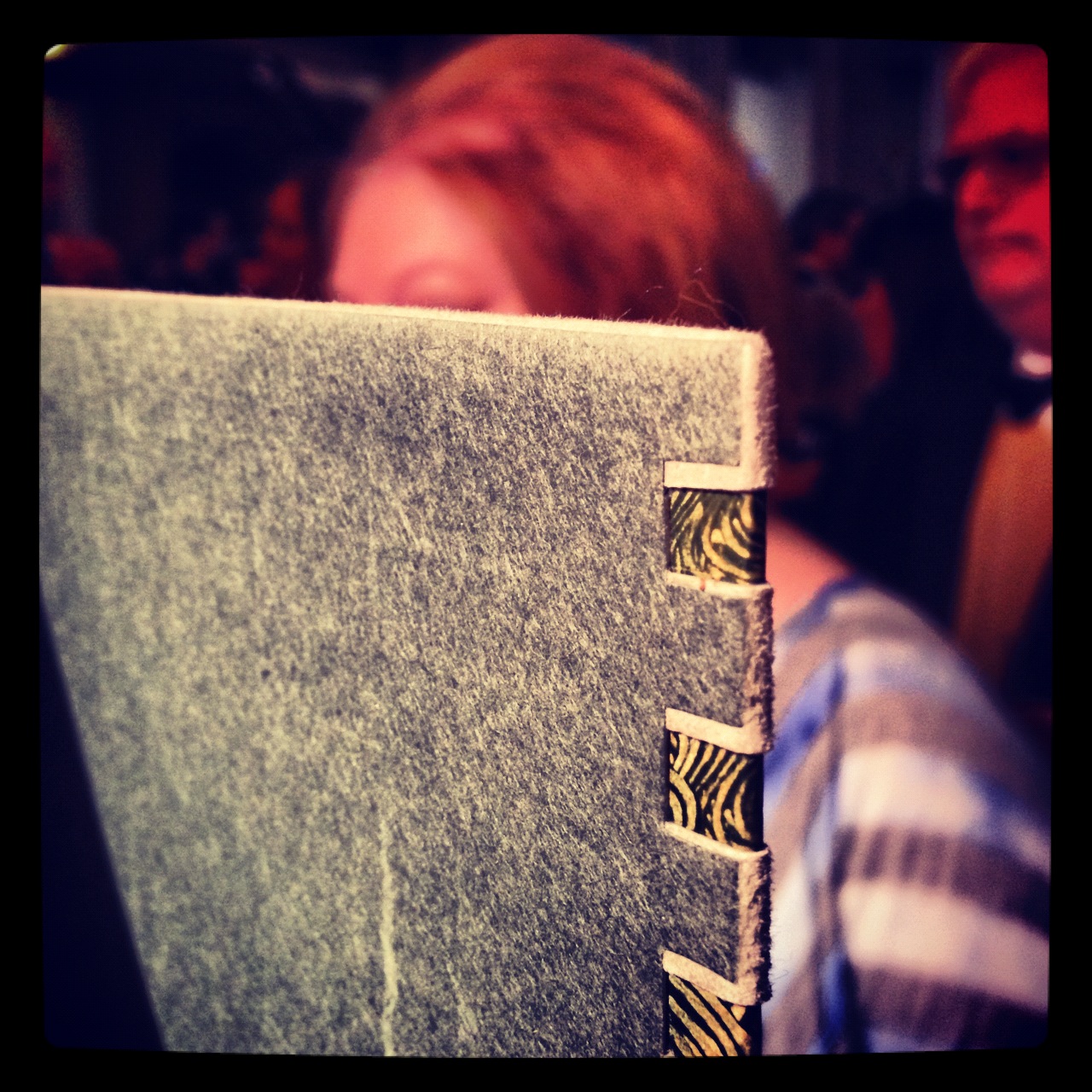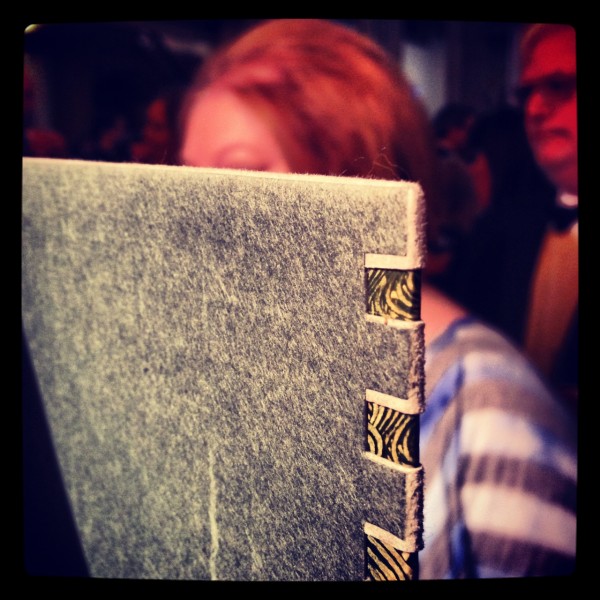This week, a good friend of mine is releasing a new book. I am dying to read it, and he’s already got a copy for me, which is amazing. Thing is… I’ll never carry a hardcover around now that I have a kindle to read from. And I don’t want to pay double for books I want to read _and_ collect.
I have noticed my reading paradigm shift, and I only got a kindle in September 2012 (not 6 months yet at time of writing). Ebook readers have been around for more than a decade, yet the publishing industry is ignoring / abusing the market instead of thinking about it first.
If you shop on amazon, you may have noticed the “unlike print books, ebooks are subject to VAT” warning just before you exclaim “there’s barely 50p of difference!” when buying the kindle edition instead of the paperback one. Or worse, the hardcover. I’m still not sure why this disparity exists, as you are still buying the same thing, a story, content someone put together, but in a non-physical format. Surely that should cost less?
And why is it that new ebooks cost as much as the newly-released hardcover? In a completely artificial move, publishers encourage readers to either pirate the ebook, or wait until the paperback comes out to read it at a reasonable price. Because you know what, oh great publishers? If I love a book enough to want to read it the second it comes out, I WANT the hardcover AND the ebook. Not one OR the other. BOTH. One to keep, and the other to read on the train, in bed, anywhere I can, as soon as I can. And by wanting me to pay DOUBLE the price, I choose to buy NEITHER, to spite you. It’s called boycotting.
As Neil Gaiman argued last month, “We should be fetishizing objects, and giving people a reason to buy objects, and not just content, if we want to sell them objects.”. I love seeing, touching, smelling and caressing books. Sound erotic? That’s because I fall in love, a little bit, every time, with a character, a plot line, an author’s turn of phrase. Reading gives me immense pleasure. And the physical aspect of the book, if I buy a paper copy, plays a very significant part. One book I read and enjoyed, I’d only picked it up on a random stroll through a Waterstone’s because it had black-edged pages and a very graphic cover. Aesthetics made me pick up a book, read the jacket, buy it, read it, enjoy it, lend it to a friend and praise it to many others. Design lead to a reader, lead to recommendations, lead to sales. Francesco Dimitri argues that an enthusiastic reader who pirated your book is infinitely more valuable than someone who bought it randomly. I believe in the power of one person to change the world. Or of one book, one publisher.
Don’t judge a book by its cover? No. But if everything else is unknown, that cover, that window-dressing for the story within, is what is going to create an opportunity to be touched, bought, and loved.
Did you know that this year’s MAN Booker prize nominees all got, whether winning or not, a hand-bound and bookbinder-decorated single-edition (talk about limited) copy of their books? I took photos of them before the awards dinner. They were beautiful! See for yourselves. I think if I were an author I would still want the money, but I would treasure the book.
In late 2012, Waterstone’s in the UK launched the “Waterstone’s kindle”. I was elated, and immediately went to ask how it worked, if we could buy bundles (book + ebook), how much did Waterstone’s take as a commission (I want the bookshops on my high street to stay open) and whether I could install something on my existing kindle and come in to shop for ebooks in-store, so as to contribute to their bottom line. I was met with silence. No bundles. No idea what the difference between their device and the standard kindle was. No known options for me to buy ebooks from them to use on a standard kindle.
Given how avid a reader and collector I am, “disappointed” doesn’t begin to explain the sulking rage at the narrow-sightedness of booksellers. They hold the keys to a virtual – and very real – library of Alexandria and yet they refuse to think about how reading a book in 2013 may be different from someone reading a book in 1821. Surely we no longer consume books in the same way? Writing drafts, finding agents, publishers, making edits, choosing a cover and putting them on their shelves? Oh. Wait. We do.
If we want to publish something that nobody wants to pay us a large upfront sum for, we will publish it privately, ourselves, and sell it on our own shop, website, on amazon, on other digital content selling sites, or independent bookshops.
Despite us now reading – and writing – virtual books, the writing, publishing and reading paradigm is still the one from the dark ages of education and knowledge. The only shift I have witnessed is publishers hunting for writing talent on blogs, and every blogger hoping to be discovered and offered a book contract. This is the “writing plot” (to borrow “the marriage plot” terminology from Austen’s era) being seen in movies, on bookshelves and discussed at brunch with friends. This needs to change.
And to add to the mix, we have also invented about 4-5 formats for ebooks, adding technological mayhem, incompatibility, and frustration to the realm of escapism, poetry and relaxation.
I ask you all, publishers, gatekeepers of dreams, stories, education, and hope. Stop. Please stop. I love books because I was rewarded with them. Because they were beautiful on my shelves. Because the stories taught me things. Make them beautiful again. Bring back the libraries. Make them free again. Let me read what I love, where I want. Because life’s too short to wait for the paperback edition. I promise you, it really is.


